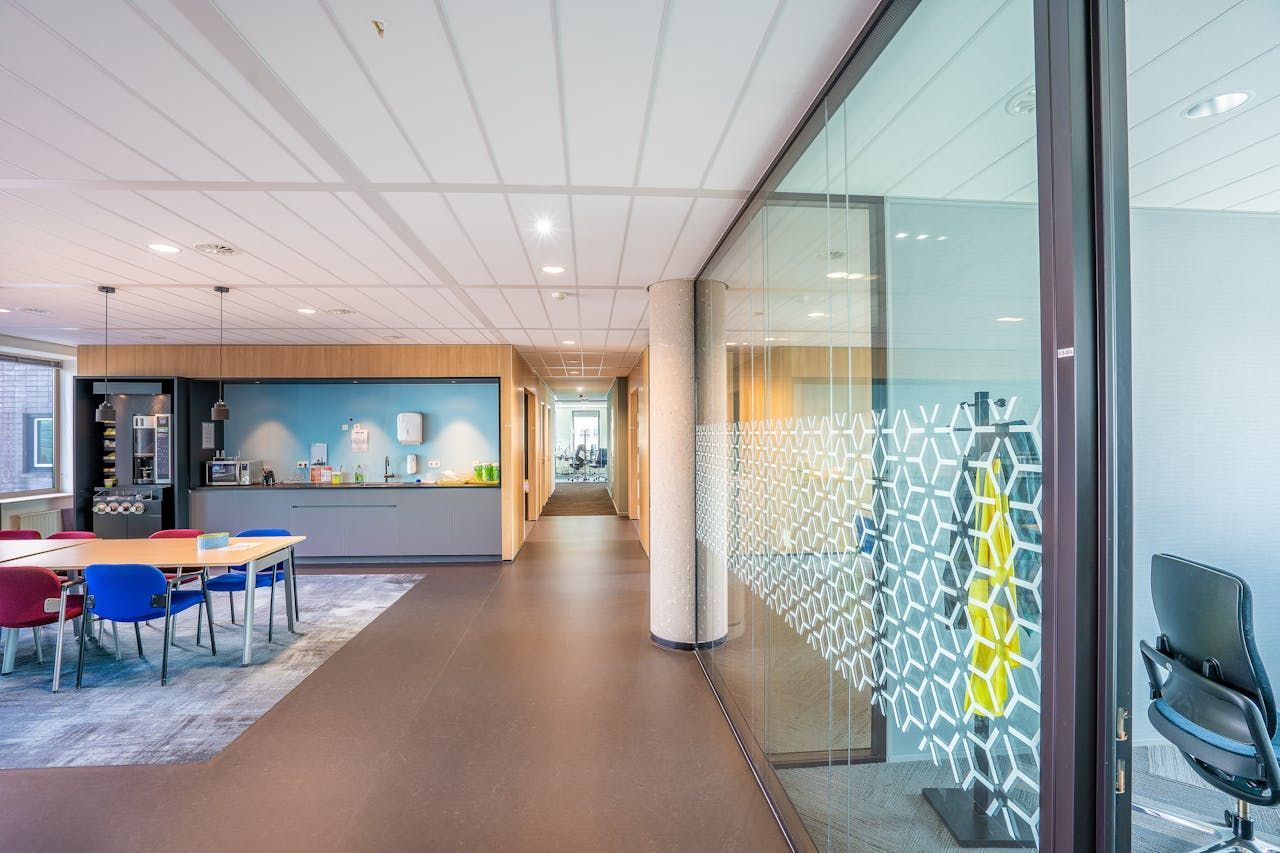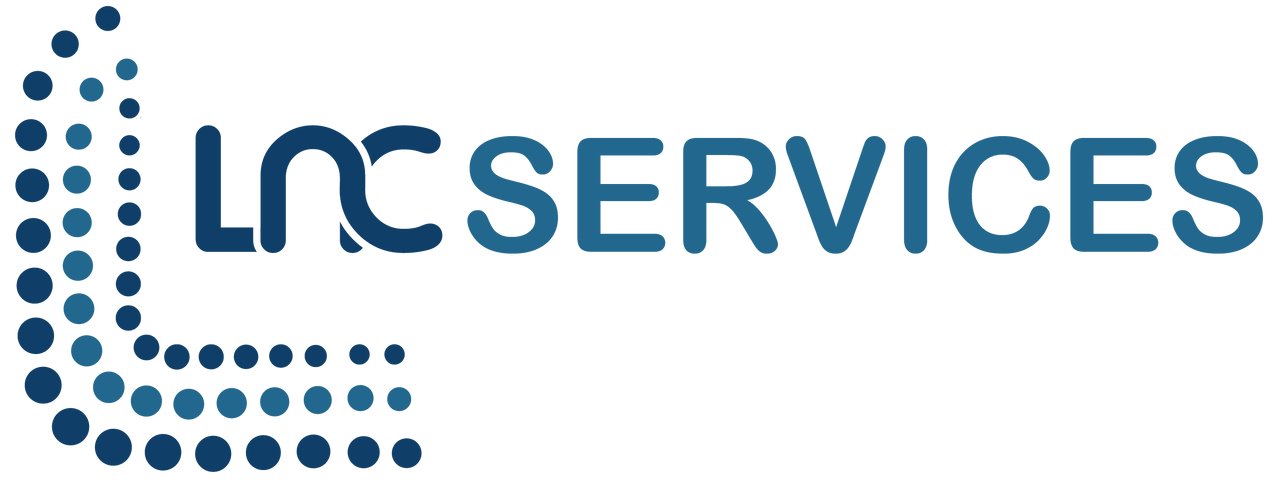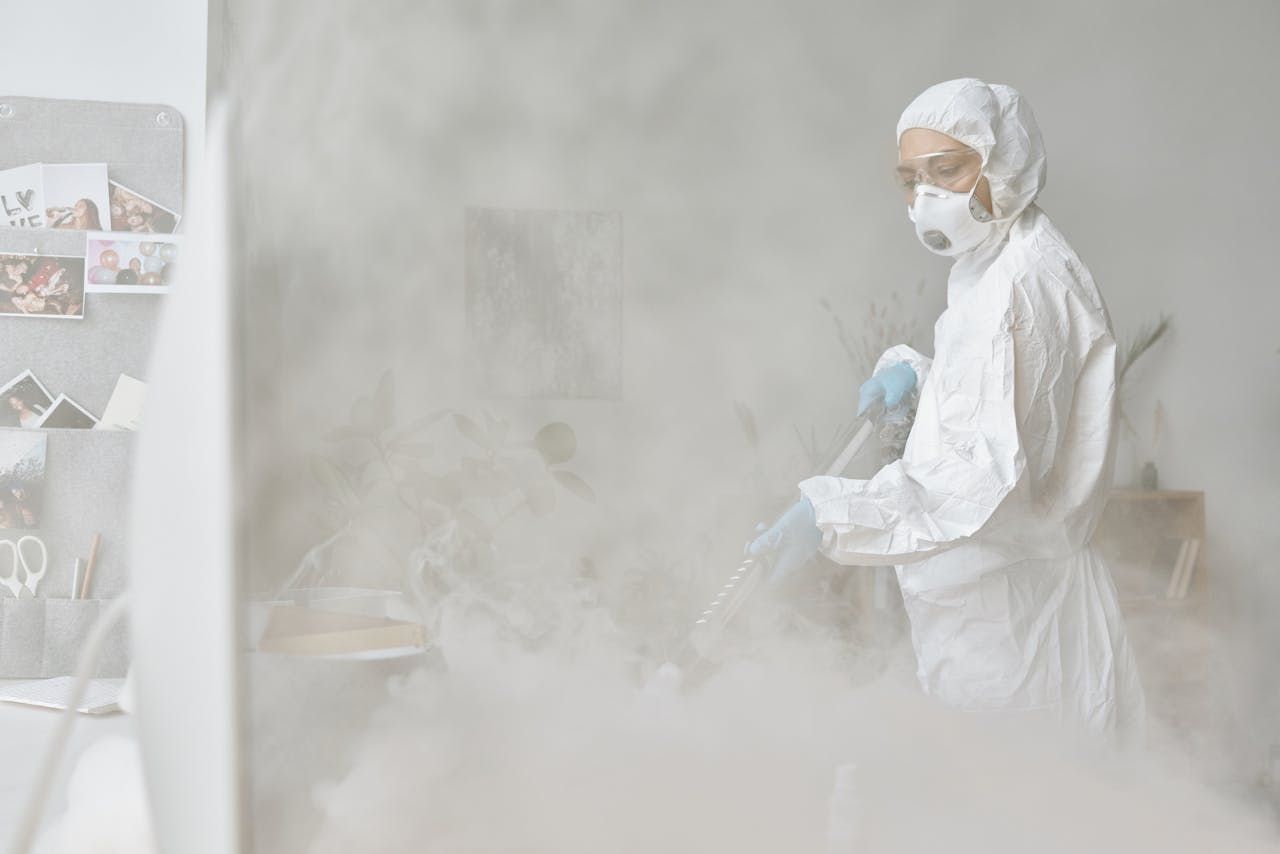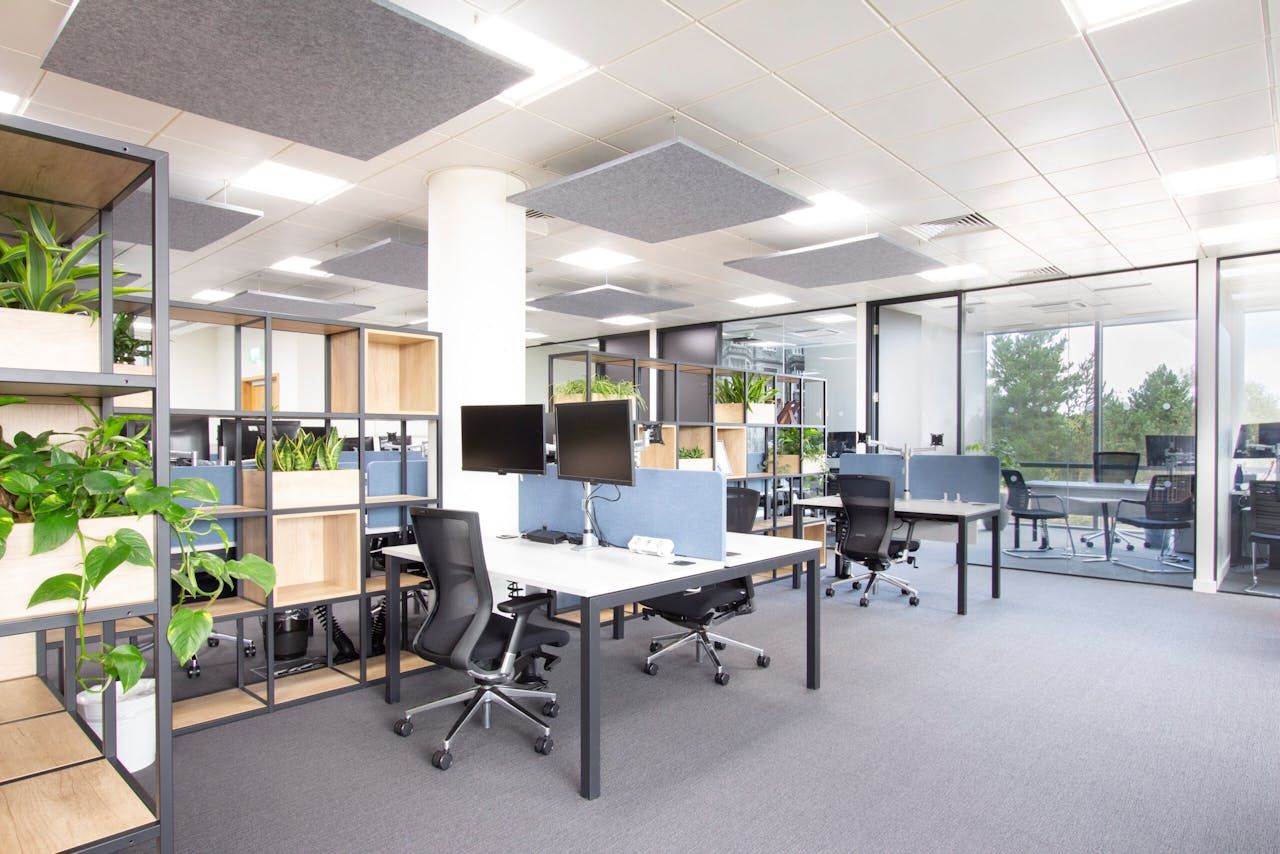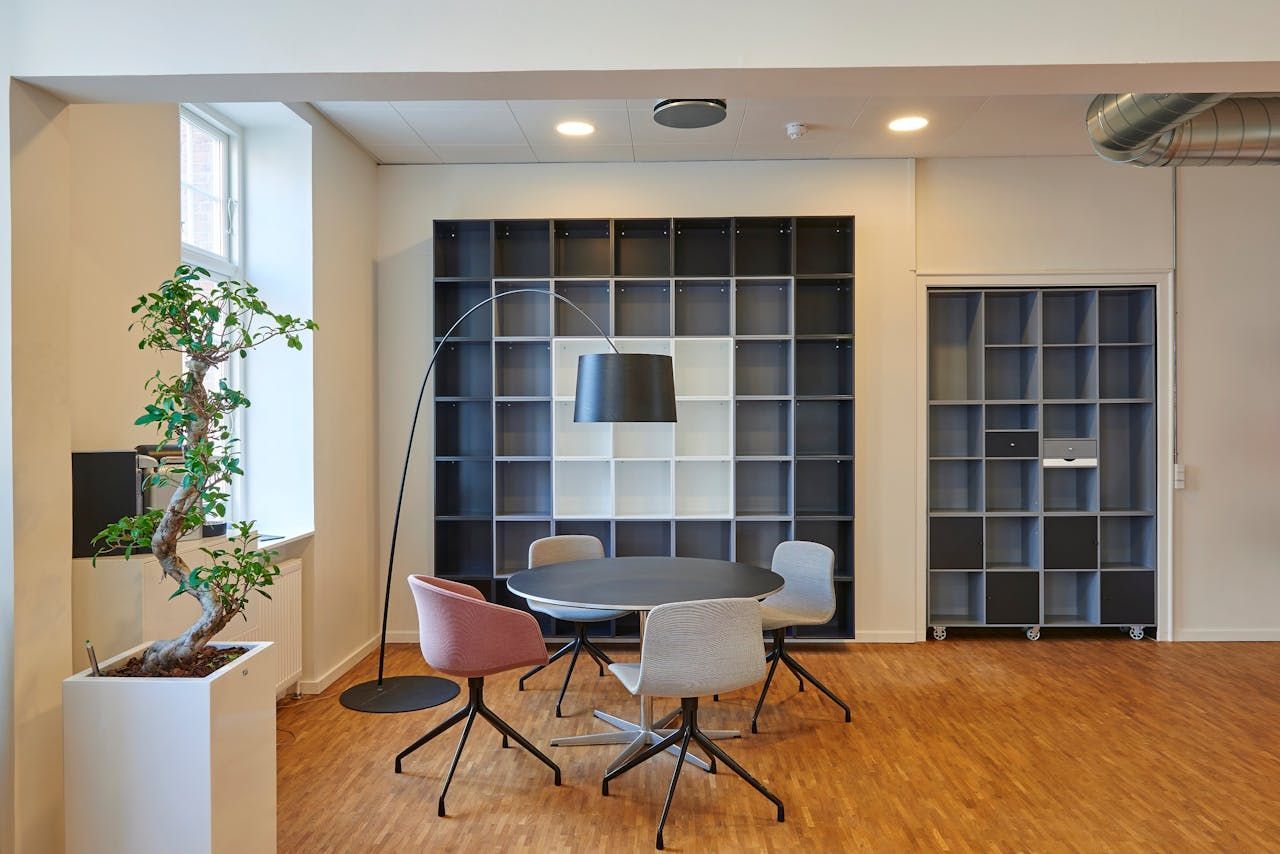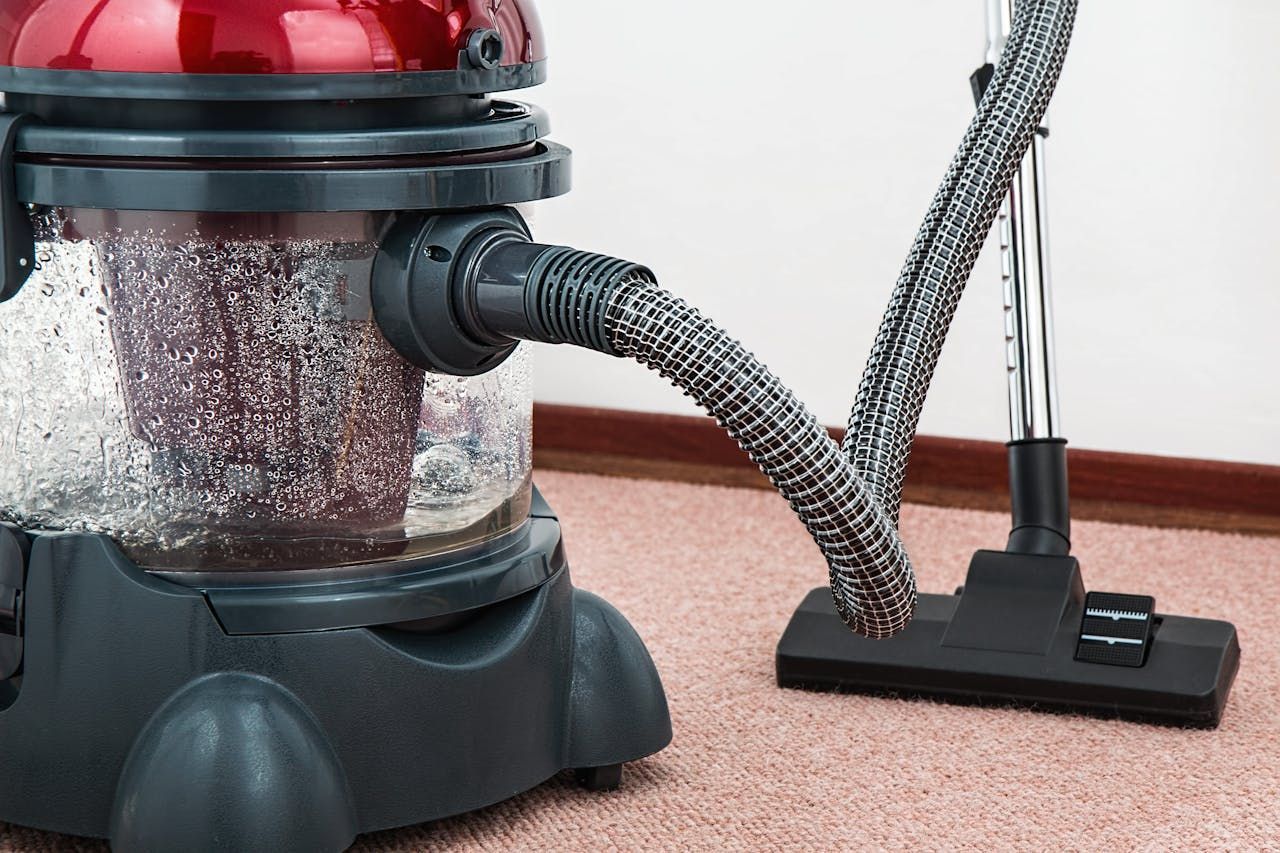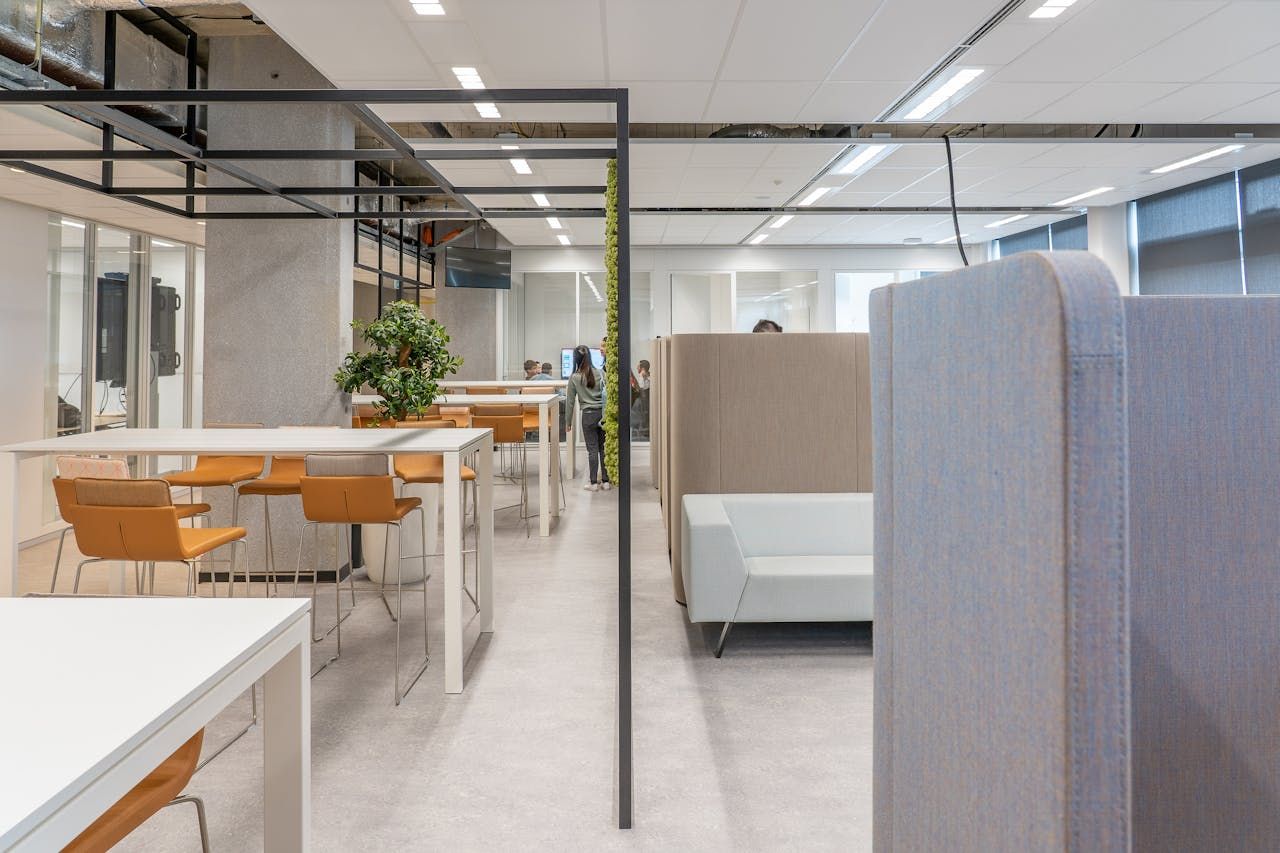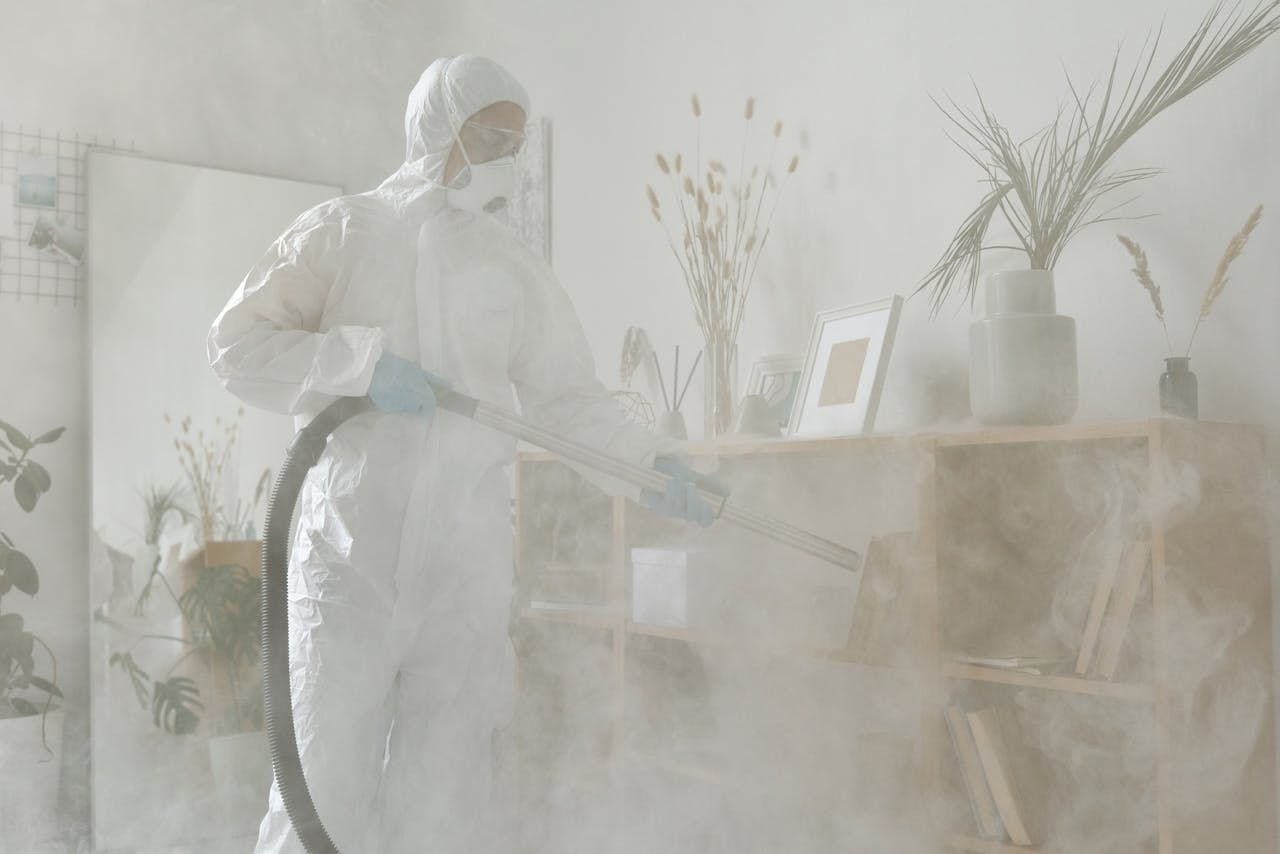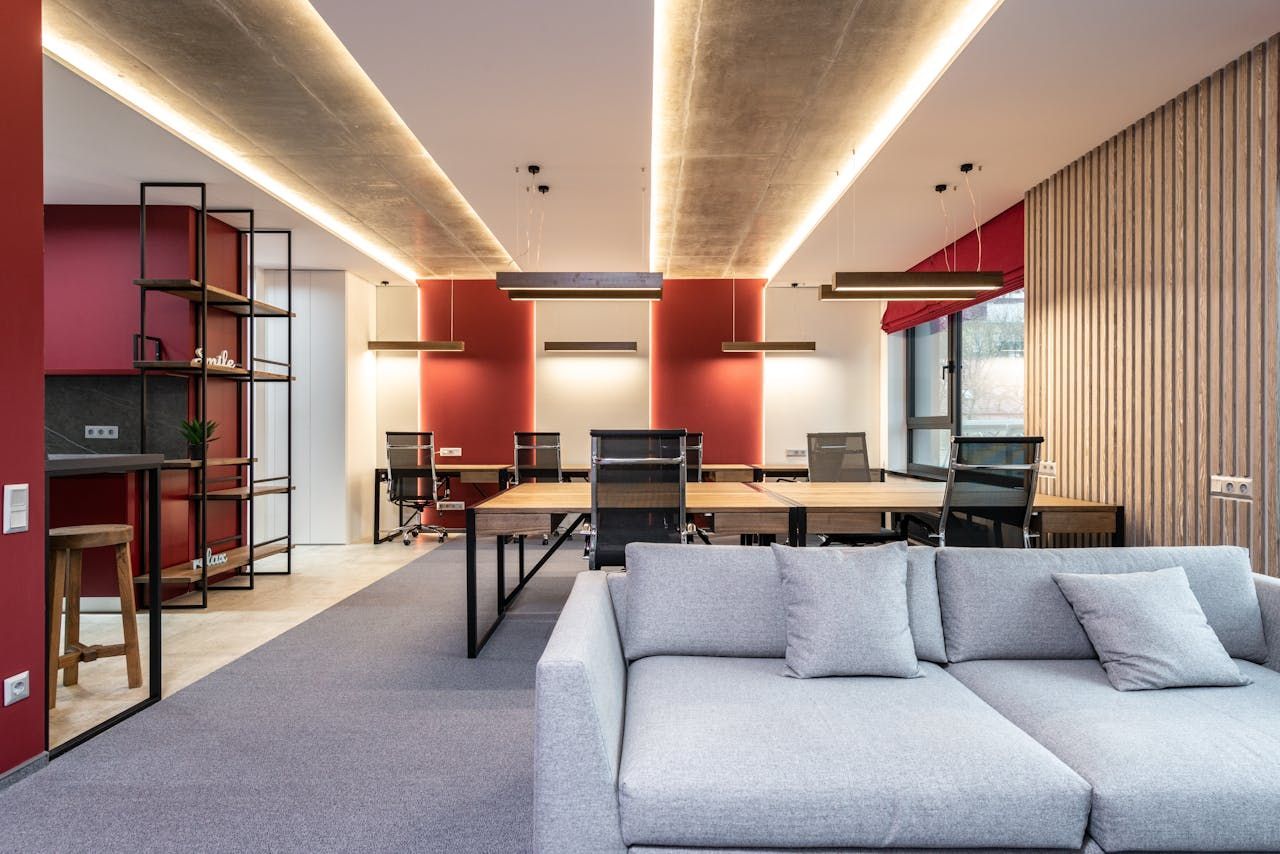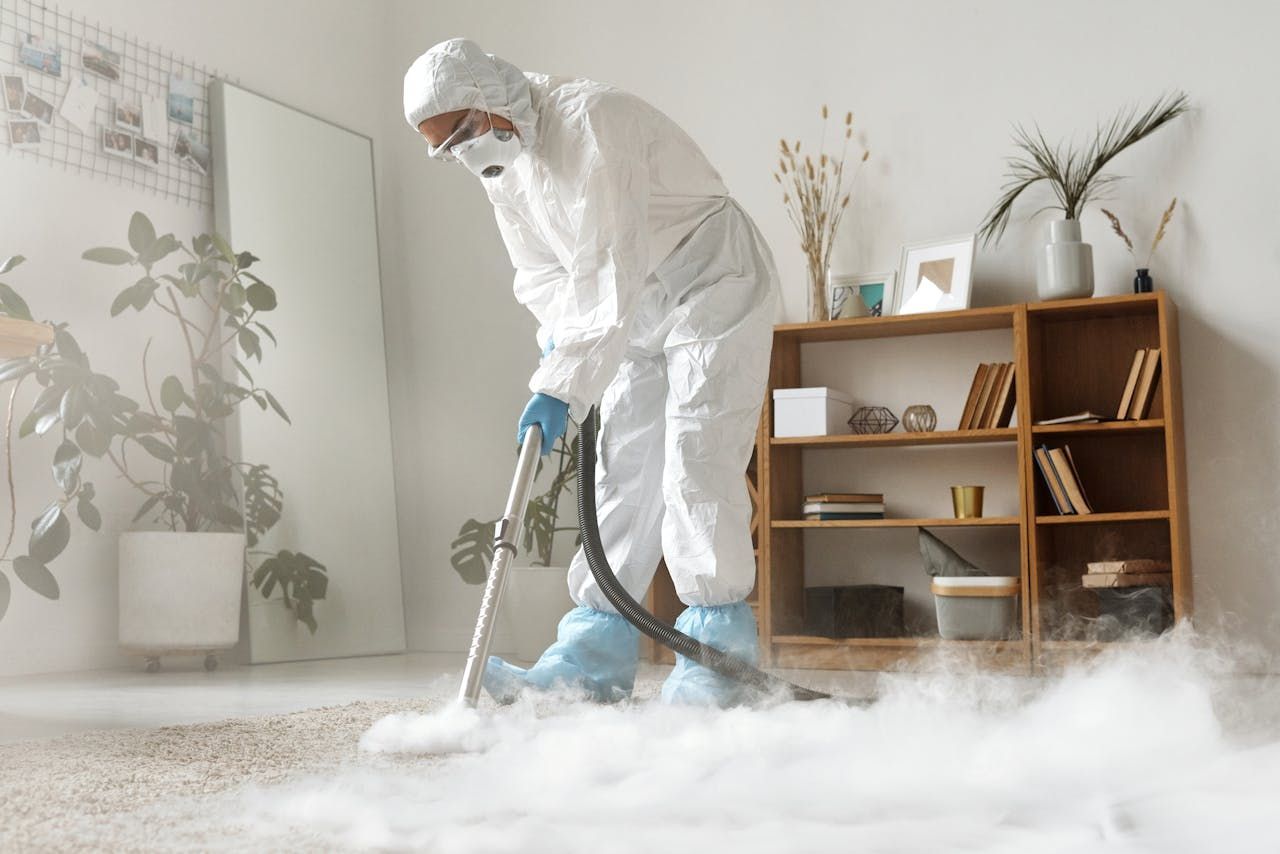Cleaning Company vs Self-Employed Cleaner: The Pros and Cons
Debating whether you need a cleaning company vs self-employed cleaner? If you’re looking for a cleaner to keep your workspace hygienic and clean, chances are you have come across different types of organisations that say they can help you.
The most common setups are cleaning companies and self-employed cleaners, both of which can offer a different range of advantages and disadvantages that might intrigue you.
But what’s the difference, and is one more suitable for you than the other?
Cleaning Companies: An Overview
A genuine cleaning company should be a registered company on the Companies House database. They will have a director or directors who are responsible for the running of the company.
Staff are employed, meaning the company they work for pays their tax, they have a contract of employment and they’re entitled to sick, holiday and maternity pay.
Companies tend to have a larger team too, because they usually operate on a bigger scale with a highly specified set of services that can be replicated easily.
Self-Employed Cleaner: An Overview
Self-employed cleaners operate as themselves. They don’t have a company, their business is purely an extension of themselves.
Self-employed people pay taxes through self-assessment
tax returns, but they don’t always get the same assurances in regard to sick pay and holiday time off.
They often work alone but can work with other self-employed people as a team. However, they would be responsible for their own invoices and taxes.
Some companies use self-employed cleaners on a sub-contracting basis, but this has limitations. They can’t work for just one company, must have other clients, can’t wear uniforms and can send someone else in their place if needed.
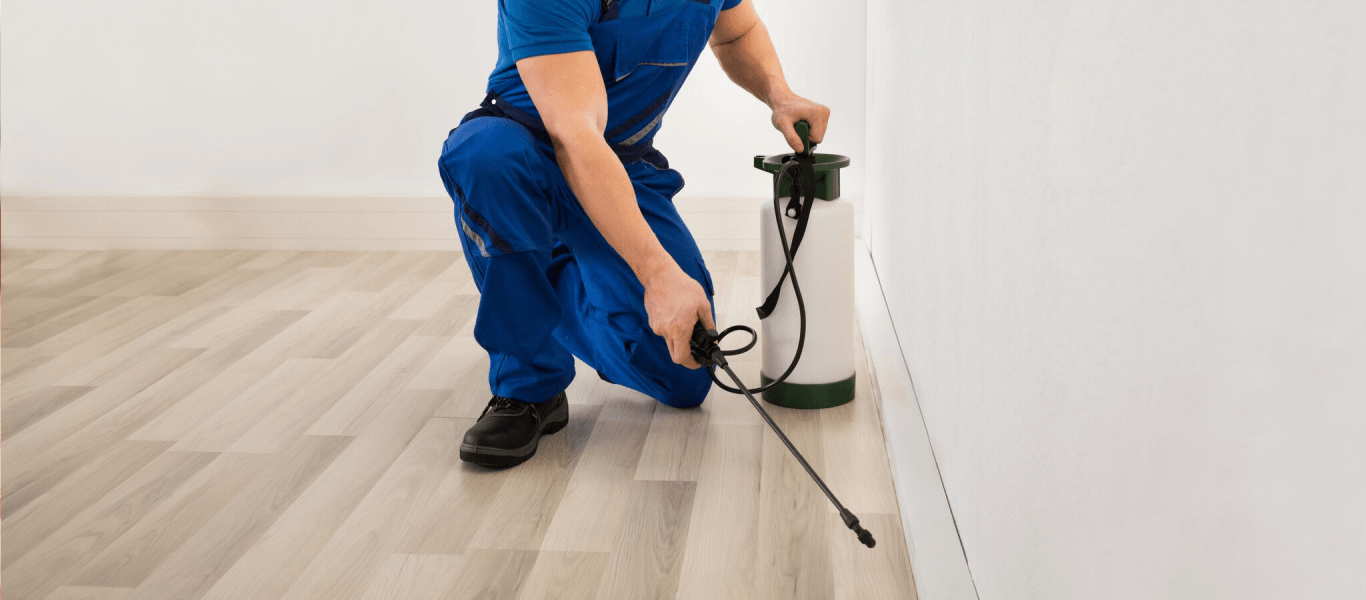
Cleaning Company: The Pros and Cons
So which is better for you, a cleaning company vs self-employed cleaner? A cleaning company has many benefits, and some drawbacks to consider.
The Pros
Support Of A Whole Team
Cleaning companies are most likely made up of a team of cleaners, and this is great because it means you get the benefit of a variety of different expertise and experience, and more people means more cover for sick and holiday leave.
Having a team means, if necessary, more than one person tackling the job making it much faster - which is important for those industries who need a quick turnaround. Teams also mean that there’s a greater degree of flexibility as different people can do different shifts.
Accountability
A cleaning company may have better accountability because of their set-up. The person doing your cleaning has an upline, a manager to oversee them and hold them accountable to a high standard of work.
You can also do your due diligence far easier - a company will have an established record so you can look for testimonials and reviews. Self-employed cleaners can change the name of the business with much more ease meaning they can escape any bad feedback.
Easier Billing
A company will likely have a robust invoicing process and a wider variety of payment options. If the company is VAT registered and you pay VAT, you could be able to offset the VAT paid too.
Equipment & Product Quality
A cleaning company is more likely to have the resources to invest in high-quality professional equipment and products. This means a high cleaning standard done with the proper equipment and chemicals, and no corners cut.
Cover A Larger Area
A company with a team can cover a larger area, so if you have more than one location, you can use the same company throughout. This can give you a bit more peace of mind that standards are being upheld at all locations.
The Cons
Higher Cost
When it comes to a cleaning company vs self-employed cleaner in terms of cost, a cleaning company is likely more expensive because of the additional responsibility to employees, insurance and costs associated with running a business that can give you all the pros above.
Not Direct Line To Cleaner
Your queries are filtered through a manager or team leader, rather than the cleaner who does your office space or commercial property. Can be a more convoluted way of communicating specific requests. That is unless the company facilitates direct cleaner communication like we do at LNC, for a simpler process.
Less Flexibility
A company might not be as agile at the last minute, so if you decide you need an extra hour, it can’t be spur of the moment. They’ll need more time to adjust to your needs. That said, a smaller cleaning company, like LNC, can still be flexible and adaptable to suit your needs.
Less Personal
Dealing with a customer service department or faceless call handler can feel like you’re not important. Some people may prefer to deal one on one with the same person attending their building. Again, this isn’t the case with all cleaning companies. At LNC, you’ll always deal with the same people, so we get to know you, your business and your needs.
Self-Employed Cleaner: The Pros And Cons
If you’re wondering whether a cleaning company vs self-employed cleaner is a fair match, consider the advantages and disadvantages of working with a self-employed cleaner.
The Pros
Adaptable
A self-employed cleaner is just an individual, so they can easily change how they operate as per your requests. Their roster may be more flexible, however with a busy self-employed cleaner that often isn’t the case as they have a full schedule and only themselves to service all the clients.
Dedicated
A self-employed cleaner represents their whole business so they may be willing to go the extra mile to ensure your satisfaction. This could mean doing small favours or throwing in added extras and personal touches that you wouldn’t otherwise get.
Lower Cost
This may not be true of all self-employed cleaners, but it’s likely that they will be the less expensive option. This is because they won’t have the same kind of overheads to account for in their pricing, compared to a cleaning company that has a more professional outfit.
The Cons
One Cleaner
One cleaner might need longer to do the job than a dedicated team. This means they can’t handle large spaces or tight turnarounds.
Service Disruption
With a self-employed cleaner, you’re much more likely to have service disruption. If your cleaner is ill, or they have children off school, or they are on holiday there’s usually no one to cover. Or if they do have someone who will stand in for them, they’re less familiar with your environment and you can’t be certain of the standards to expect.
Taxes
If you are their only client, you could be deemed to be a de-facto employer and be liable for their tax and owe them holiday pay. It’s important to make this distinction clear.
Lesser Insurance
A self-employed individual may need to be more keen on their overheads so have lesser insurance coverage. This could cause issues if accidents or incidents happen.
Standards
There’s no one to ensure a singular maintained standard. Some - certainly not all - cleaners can become more relaxed with their standard after a while. They may rely on an individual's skill and expertise to remain consistent.
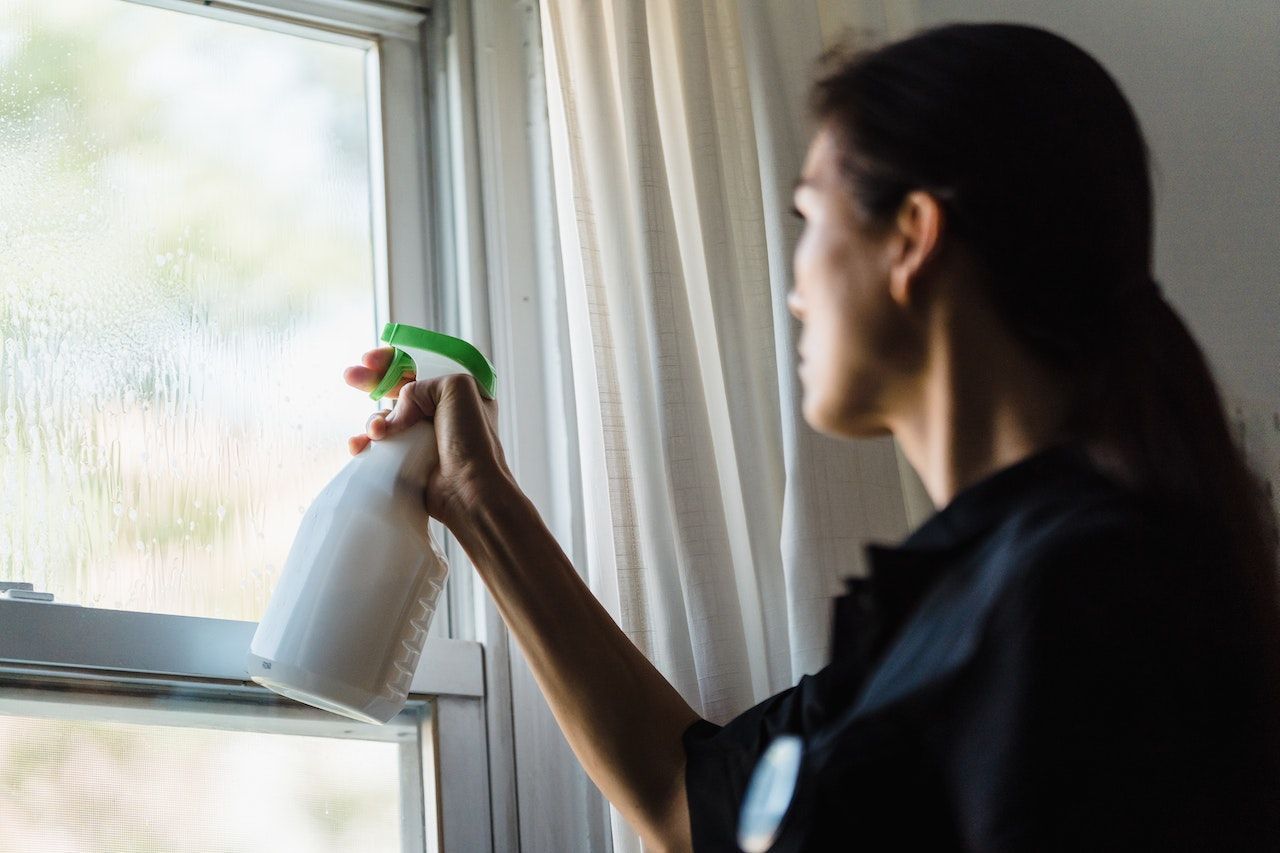
Cleaning Company Vs Self-Employed Cleaner: Factors You Should Consider
When you’re deciding between a cleaning company vs self-employed cleaner, take into account the whole picture, not just the basic service offer.
Value, Not Just Cost
Cost is a factor, but if paying a little more means a faster, better standard of work, it’s a worthwhile investment. Even a small amount of money paid for a job poorly done, is money wasted.
Size And Complexity Of The Job
Not all jobs are created equal. An office clean is a totally different thing from a warehouse clean. Some jobs will need a team or specialised knowledge, so make sure your cleaner has the experience and tools for your specific needs.
Frequency
If you need a daily clean, you may be better off using a company that can manage your demand. A single self-employed cleaner may not be able to uphold standards while running themselves ragged to get the same work done.
Reputation & Reliability
Find out what previous clients and even other businesses think of your prospective cleaner. Check out reviews and don’t be afraid to ask for their experience and similar jobs.
Insurance
Proper insurances go a long way to give you peace of mind and let you know the people cleaning your building are prepared for anything.
Professional body membership
Being a member of a professional body such as BICS and SafeContractor demonstrates a dedication to the industry and standards.
Cleaning Company Vs Self-Employed Cleaner?
Overall a cleaning company can manage large jobs reliably to a high standard, while self-employed cleaners can be more agile and personal. Which one is right for you depends entirely on your unique requirements.
But a company that has a personal approach means you get the best of both worlds - and that’s us! Find out what LNC can do for you by
requesting a quote today.
